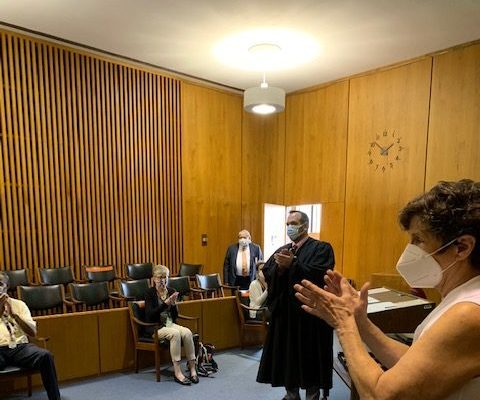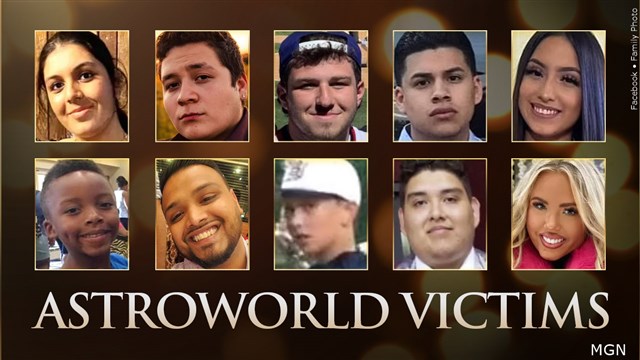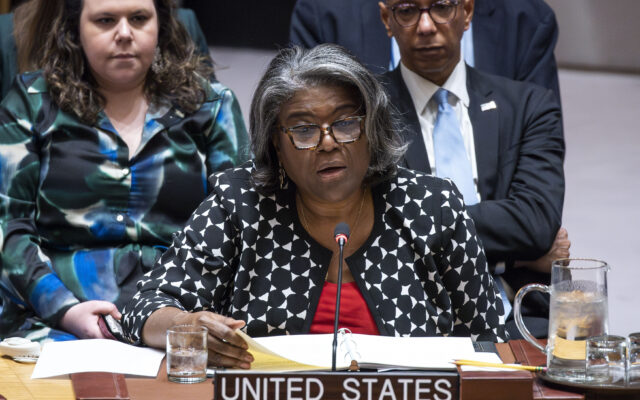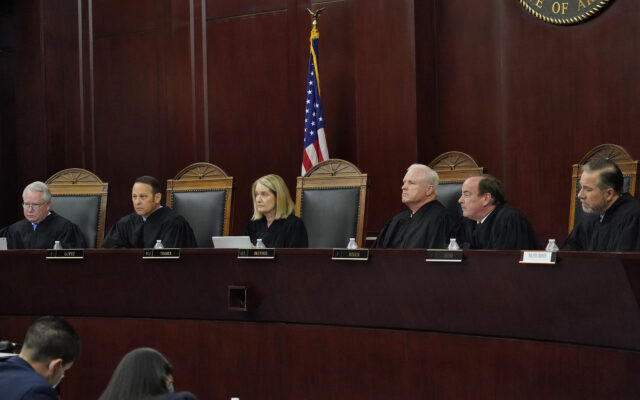State’s Attorney Announces 15 Problem Solving Court Participants Graduate

Will County State’s Attorney James Glasgow has announced that 15 individuals from Will County’s Problem Solving Courts graduated in four separate ceremonies held over the last week during which family members watched via Zoom. Glasgow commended the graduates for continuing their commitment to the program throughout the challenges posed by Covid-19.
The graduation ceremonies for Veterans Court and Adult Redeploy Illinois Court participants were held June 3. Three individuals hailing from Minooka and Frankfort took part in the Veterans Court graduation, and two individuals from Joliet participated in the Adult Redeploy Ceremony. Circuit Judge Daniel Rippy presided over both. On June 4, Circuit Judge Sarah Jones presided over the Drug Court ceremony in which three participants from Bolingbrook, Romeoville, and Richton Park, graduated. The final ceremony, for Mental Health Court participants, took place June 9 with Associate Circuit Judge Frederick Harvey presiding. Seven individuals, hailing from Crest Hill, Joliet, Tinley Park, Frankfort, Plainfield, and Channahon, graduated in this ceremony.
Family members were able to watch each of the ceremonies via Zoom, and each participant was given a signed graduation card from State’s Attorney Glasgow.
Glasgow played an integral role in creating each of Will County’s four Problem Solving courts. He spearheaded the creation of the Drug Court – Will County’s first Problem Solving Court – when he wrote and administered the grant that funded its formation. Along with Will County Chief Judge Gerald Kinney, Glasgow established the Mental Health Court in 2010. He also petitioned for the formation of the Will County Veterans Court, and wrote and obtained the grant for the Redeploy Illinois Court to steer qualifying repeat offenders away from prison and into gainful employment.
State’s Attorney Glasgow also established three residential facilities to further help Problem Solving Court participants on the path to reentry. The Miller Taylor House and Julie Ann House provide temporary housing, and the Connor Kelly Residence which opened in 2019 provides longer-term transitional housing.


